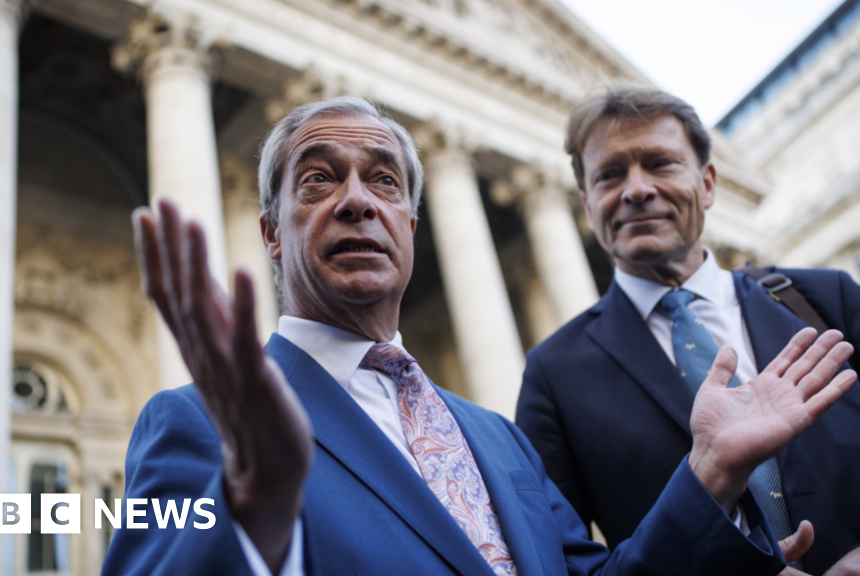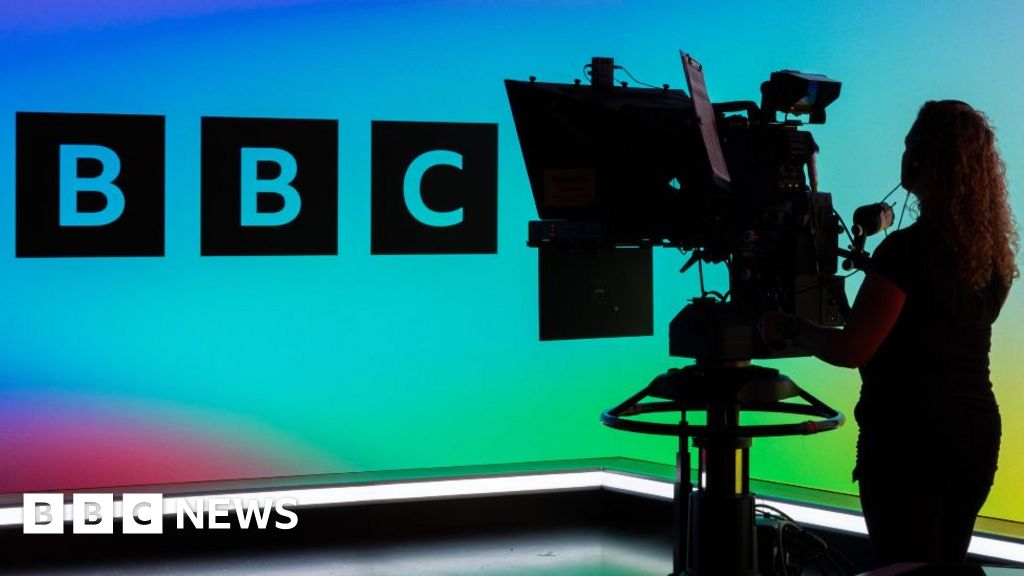Dominic CascianiHome and Legal Correspondent
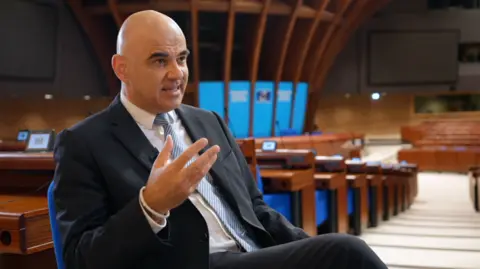 BBC
BBCThe political head of the body that oversees the European Convention on Human Rights has told the BBC that it is “absolutely ready” to discuss reforms amid pressure from the UK and other countries over migration.
Speaking exclusively to the BBC, Alain Berset, the secretary general of the Council of Europe, predicted that quitting international human rights law would leave the UK “isolated” on the world stage.
He acknowledged human rights laws may need to “change or adapt” and the institutions, whose creation was largely led by the British after World War Two, remained crucial to peace, security and justice.
Berset’s words – ahead of the Convention’s 75th anniversary – are the most public confirmation that the body could evolve amid mounting debate over its future across the continent. It is also public recognition that it has to talk to the UK about its future – and about potential change.
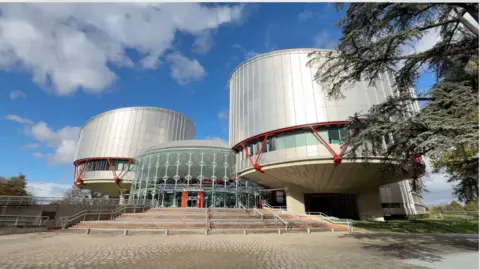
The council, which is unrelated to the European Union, is the international political body in Strasbourg that oversees and enforces the work of the European Court of Human Rights.
The court rules on how to interpret human rights law in its 46 member states. In the UK, the government and judges must take these rulings into account, but are not bound by judgments that do not closely relate to our circumstances.
Sir Keir Starmer’s government has committed to changing how the government interprets the right to privacy and family life so that it can’t be used by illegal immigrants to frustrate their removal from the country.
In a speech earlier this year in Strasbourg, Shabana Mahmood, then justice secretary and now home secretary, said the convention itself must evolve to maintain public confidence.
The Conservatives and Reform are calling for the UK to walk away from the treaty, claiming Strasbourg’s human rights law is a block on managing borders.
Nine EU nations, led by Denmark and Italy, have also called for major changes – which would need the agreement of all member states.
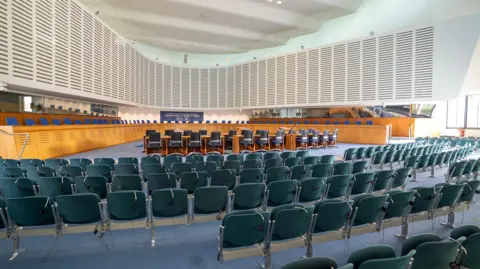
In a rare interview about the ECHR’s relationship with the UK at the council’s headquarters in France, Berset told the BBC: “I am ready, absolutely ready, and really open to engage in all political discussions, to see what we need to discuss, maybe to change or to adapt.
“Let us engage on migration issues and to see what we need to address and maybe to change.
“The most important point is to be ready to speak on all issues without taboo… and to see then what could be the possible consensus between member states.”
Critics of the ECHR say that the advantage of leaving for the UK would be to take back control over human rights law.
But Berset said: “The opposite is true. What I see is more the risk to be a bit isolated. It would mean to be not participating to all the discussion on migration, to take an influence.”
While he said he would not comment on internal politics in the UK, Berset appealed for the debate over the ECHR had to return to “facts”.

He denied that it was a friend of terrorists or illegal immigrants, following criticism that the court has increasingly prevented the deportation of illegal immigrants and migrants who commit criminal offences.
He said the UK also had to consider how leaving would effect Northern Ireland’s power sharing agreement and the post-Brexit deal with the EU, both of which include a legal commitment to shared human rights principles.
Leaving, he argued, would send a “really negative signal” for Ukraine because of the Council of Europe’s central role, supported by the UK, in preparations for tribunals in relation to war crimes.
“Churchill was the father of the Council of Europe, and the convention,” said Berset.
“It will be quite difficult and really hard to see this [the UK quitting]. There is no alternative. We need to have some room, places, where we are in discussion together.”
He added: “It will be an interesting test for all of us. Are we able to avoid the wars to make sure that in this phase of divergence that we are witnessing right now, are we strong enough to make sure again, that we have convergence, take control of what we want to have as a future collectively?”


